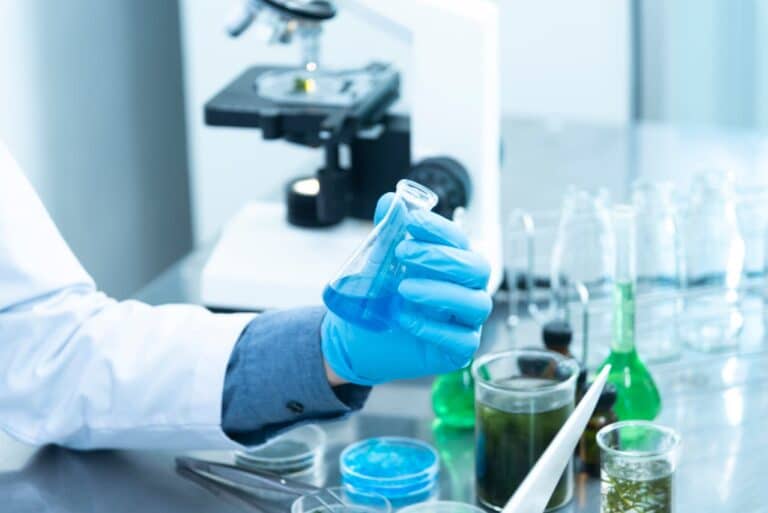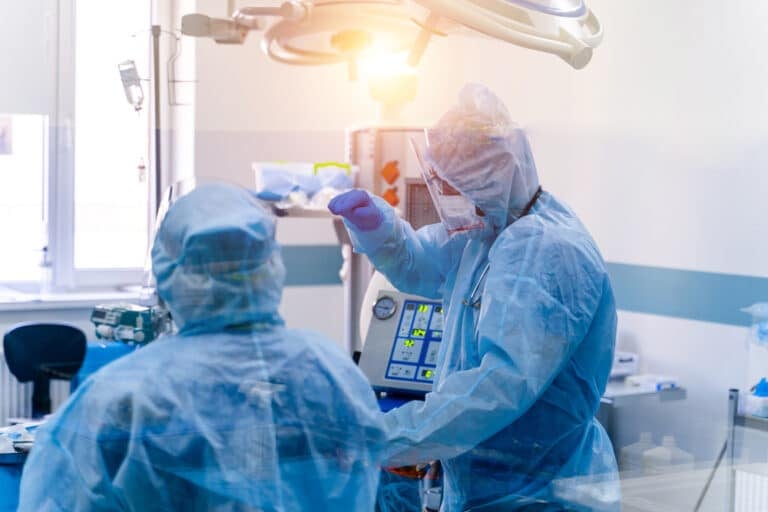Could a Personalized mRNA Vaccine Change the Outlook for Brain Cancer?
Glioblastoma is one of the most aggressive and devastating brain cancers, often leaving patients and families with few options. Traditional treatments—surgery, chemotherapy, and radiation—can slow the disease, but survival rates remain low. Now, researchers at the University of Florida are testing a new approach: a personalized mRNA cancer vaccine designed to reprogram the immune system…






















